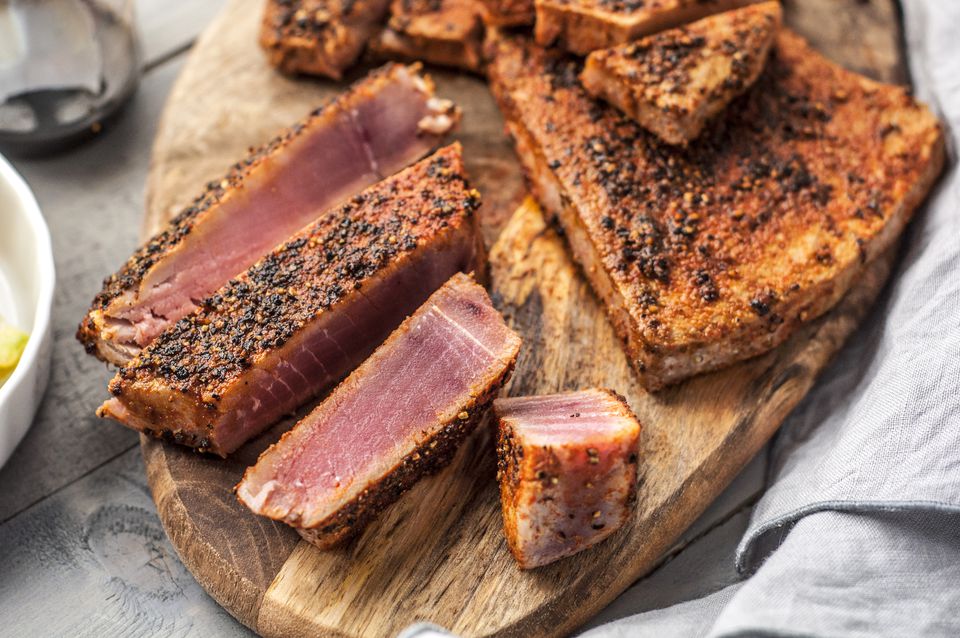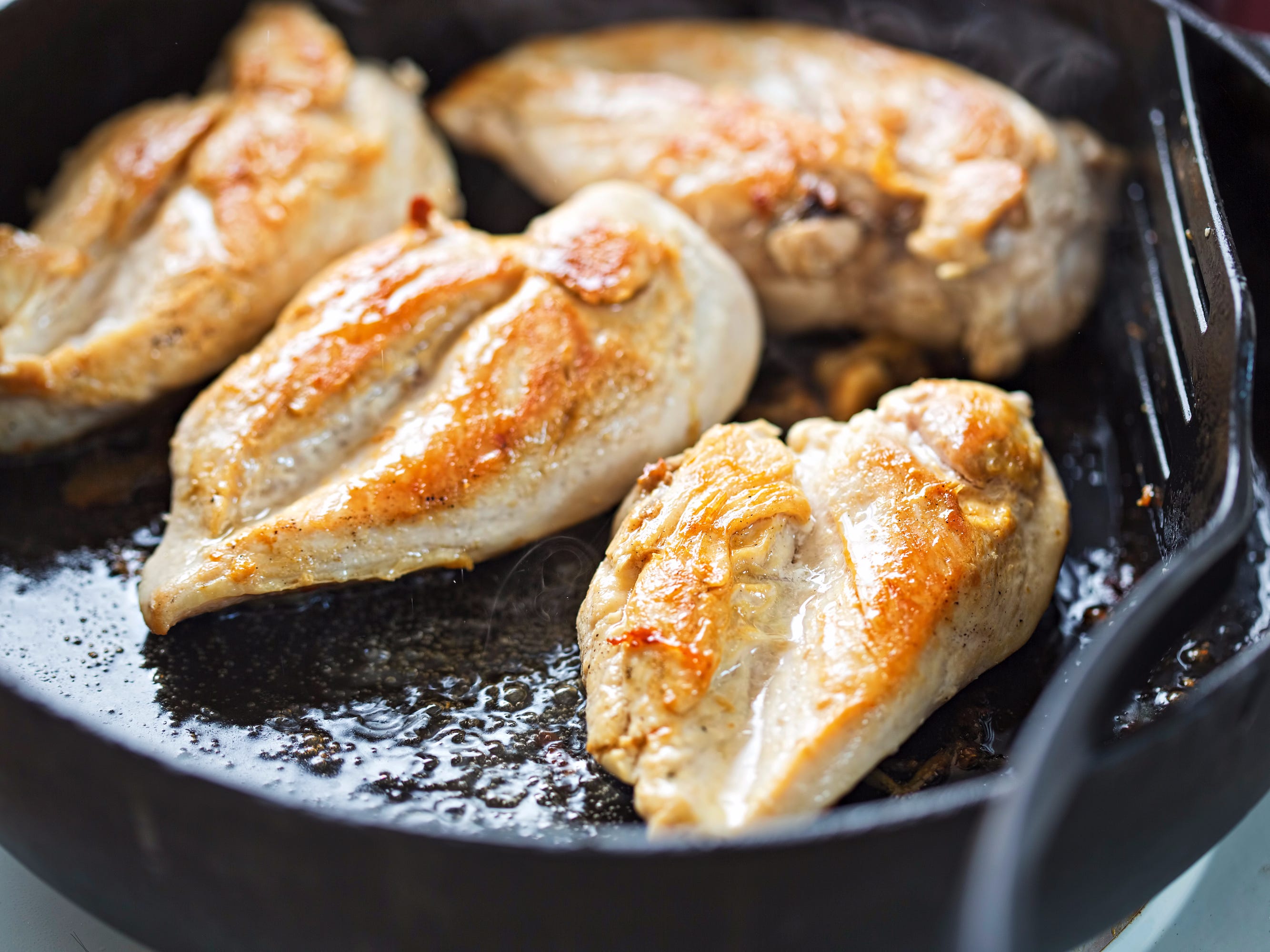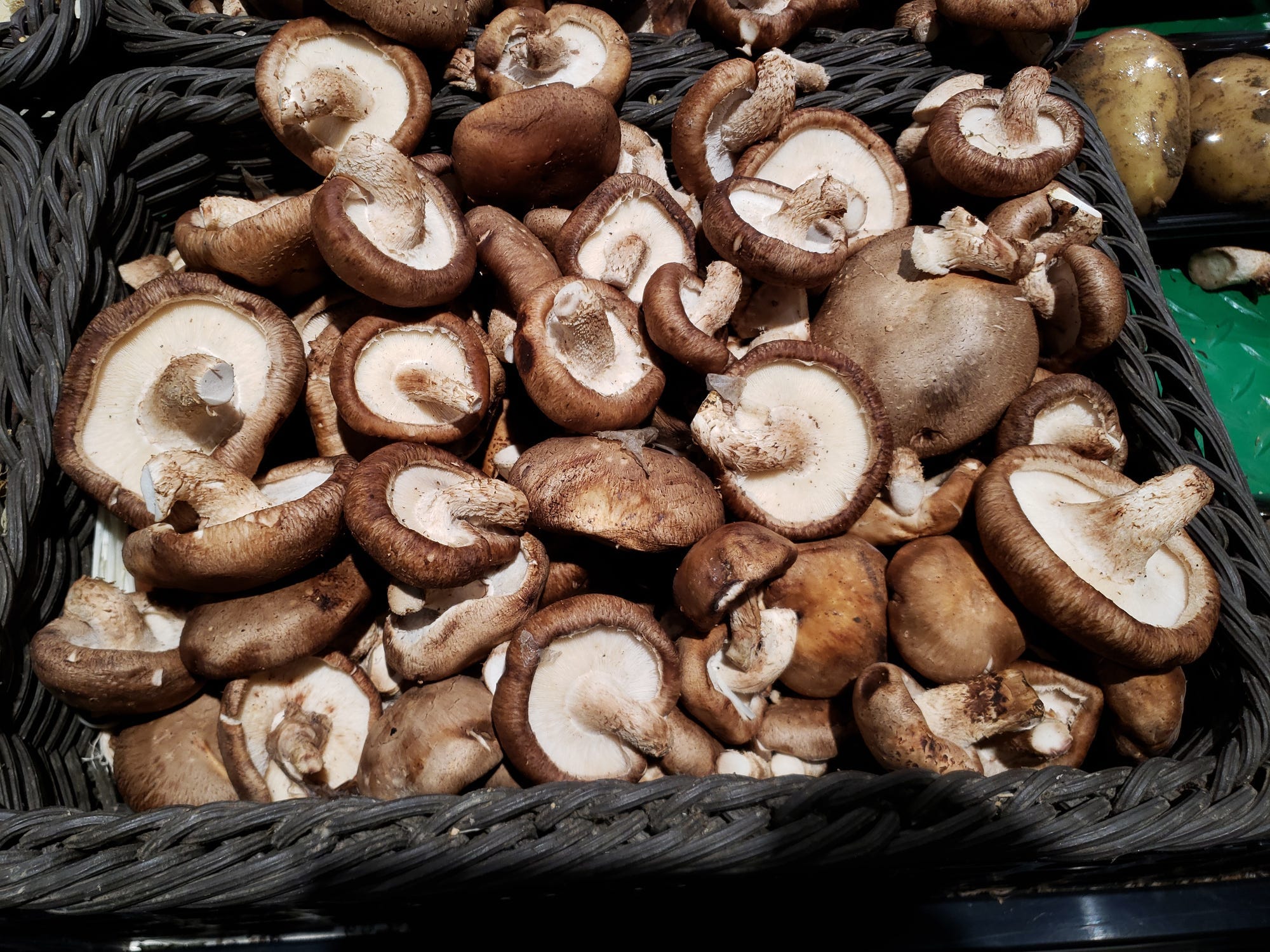

While many foods are staples in our diets, some common items carry hidden risks that can be dangerous if not properly handled or prepared.
These risks can range from foodborne illnesses to toxic compounds that can cause serious health issues. Awareness of these potential dangers can help prevent adverse effects and ensure safe consumption. Here are some common yet potentially dangerous foods to be mindful of:
1. Raw or undercooked eggs
- Risk: Salmonella contamination can cause severe gastrointestinal illness.
- Safety tip: Always cook eggs thoroughly, and avoid consuming raw eggs in dishes like homemade mayonnaise or mousse.
2. Undercooked poultry
- Risk: Bacteria such as Salmonella and Campylobacter can cause food poisoning.
- Safety tip: Ensure poultry is cooked to an internal temperature of 165°F (74°C) to kill harmful bacteria.

3. Unpasteurized dairy products
- Risk: Raw milk and cheeses can contain harmful bacteria like E. coli, Listeria, and Salmonella.
- Safety Tip: Opt for pasteurized products, especially for vulnerable groups like pregnant women, young children, and the elderly.
4. Shellfish
- Risk: Raw or improperly cooked shellfish can harbour Vibrio bacteria and other pathogens.
- Safety tip: Cook shellfish thoroughly and avoid consuming them raw, particularly during warm months when bacterial counts can be higher.
5. Mushrooms
- Risk: Certain wild mushrooms are highly toxic and can be easily mistaken for edible varieties.
- Safety Tip: Stick to mushrooms from reputable sources, and avoid foraging for wild mushrooms unless you're an expert.

6. Canned foods
- Risk: Improperly canned foods can contain Clostridium botulinum, which produces a deadly toxin.
- Safety tip: Avoid cans that are bulging, leaking, or have a foul odour, as these are signs of potential botulism contamination.
7. Potatoes
- Risk: Green or sprouted potatoes contain solanine, a toxic compound.
- Safety tip: Store potatoes in a cool, dark place and discard any that have green spots or sprouts.
8. Tuna (and other large fish)
- Risk: High levels of mercury can accumulate in large fish, posing a risk of mercury poisoning.
- Safety tip: Limit consumption of large fish and opt for smaller fish lower in the food chain, such as salmon or sardines.

9. Nuts
- Risk: Can cause severe allergic reactions in sensitive individuals.
- Safety Tip: Be aware of common allergens and read labels carefully, especially for processed foods.
10. Unripe or raw beans
- Risk: Contain lectins, which can cause gastrointestinal distress.
- Safety tip: Cook beans thoroughly to reduce lectin levels.
Being aware of the potential risks associated with these common foods and following proper food safety practices can help prevent foodborne illnesses and other health issues.
Read Full Story























Facebook
Twitter
Pinterest
Instagram
Google+
YouTube
LinkedIn
RSS